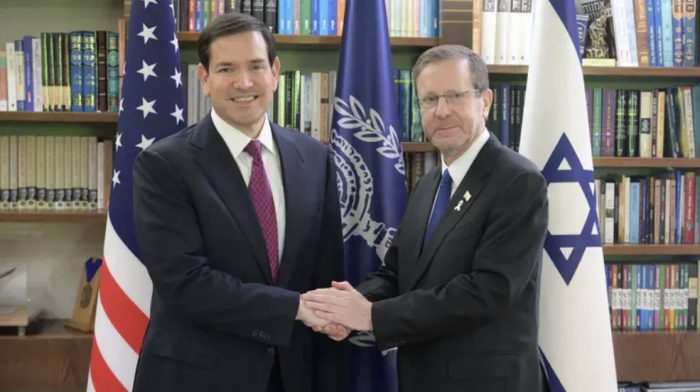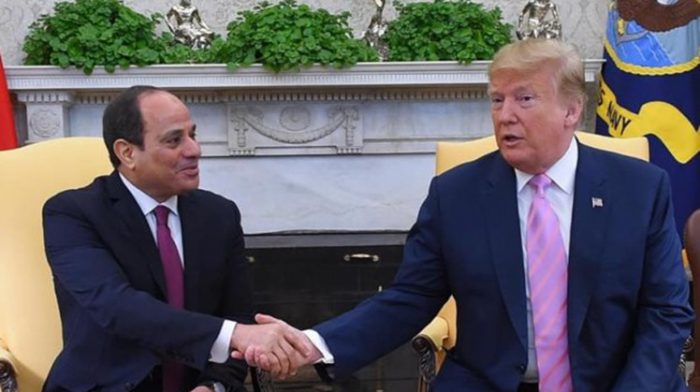As Marco Rubio arrives in Israel to shore up President Trump’s Gaza peace plan, a razor-thin Knesset vote on Judea and Samaria sovereignty ignites U.S. warnings that risk sabotaging Israel’s security claims — and the debate is boiling over.
A blistering diplomatic flashpoint erupted Wednesday after U.S. Secretary of State Marco Rubio warned that a Knesset bill to apply sovereignty in Judea and Samaria could undermine President Donald Trump’s blueprint to end the Gaza war — just as Rubio touched down in Israel to champion the very plan he says must be protected.
In a dramatic parliamentary twist, the sovereignty measure squeaked through its preliminary reading by a single vote — 25 in favor, 24 opposed — in a session marked by absences and surprise defections. Notably, most Likud members either abstained or were absent; MK Yuli Edelstein was the lone Likud lawmaker to buck Prime Minister Benjamin Netanyahu’s directive and vote yes. United Torah Judaism’s Yitzchak Goldknopf, Yisrael Eichler, and Yaakov Tesler also backed the measure, while Blue and White and Shas lawmakers stayed away from the plenum during the ballot.
Separately, Avigdor Liberman’s proposed law to extend sovereignty over Ma’ale Adumim passed decisively, 32–9, underscoring the political momentum behind solidifying Israel’s territorial and security lines around greater Jerusalem.
But Washington raised the alarm. Rubio — arriving Thursday for a high-profile visit that will run through Saturday before stops in Malaysia, Japan and South Korea — warned the Knesset move threatens the fragile diplomatic architecture surrounding the conflict. The State Department framed Rubio’s trip as support for “President Trump’s Comprehensive Plan to End the Conflict in Gaza,” pledging that he will reaffirm “America’s unwavering commitment to Israel’s security” while working with partners to translate ceasefire momentum into durable peace and regional integration.
Rubio’s message follows a flurry of high-level U.S. engagement: Vice President JD Vance visited days earlier; Trump envoys Steve Witkoff and Jared Kushner have been on the ground; and Rubio’s arrival signals Washington’s urgency to keep the 20-point ceasefire and international force plans on track. During the same diplomatic sprint, Vance issued a blunt warning to Hamas: “If Hamas doesn’t cooperate, then as the President of the United States has said, Hamas is going to be obliterated.”
Prime Minister Netanyahu and his allies argue sovereignty measures are not provocative gestures but defensive, long-overdue steps to secure Israel’s borders and protect its citizens. Supporters say Ma’ale Adumim and parts of Judea and Samaria are integral to Israel’s security envelope and historical claim — and must be codified to prevent future threats.
Critics in Washington fear domestic Israeli legislation could complicate international guarantees and the sequencing of the ceasefire’s reconstruction and security phases. The tension highlights a central dilemma: can Israel assert irreversible security measures while simultaneously preserving global backing for a complex, multi-state plan to stabilize Gaza?
With Rubio now on the ground, a high-stakes diplomatic chess match has begun. Washington wants unity behind the ceasefire mechanics; Jerusalem wants sovereignty and safety for its citizens. Each side insists its course protects Israel — but the two trackers are perilously close to colliding, and the consequences could reshape the region’s fragile post-war order.





